10 Piercings to Avoid: The Risks and Complications You Need to Know
Piercings can be a fun and creative way to express oneself, but it's important to keep in mind that certain piercings may not heal well or be prone to complications. In this article, we'll be discussing 10 piercings that you may want to avoid.
-
Snake Eyes piercing: This is a piercing that goes across the tip of the tongue. While it may look cool, it can be damaging to your teeth as the constant clicking and clacking against your front teeth can wear them down over time. There's also the risk of accidentally biting off the ball or breaking a tooth.
-
Finger piercings: These piercings may not heal well due to the constant use of the hands and the risk of the jewelry getting snagged or bumped. A dermal piercing may be a better option, but it can still reject over time.
-
Lip webbing piercing: This piercing involves a needle going through the thin tissue between the lips and gums. It can be painful and may take longer to heal due to the constant movement of the mouth and the risk of infection.
-
Nostril piercing: While nostril piercings can be fashionable, they can also be prone to infection and scarring. If the piercing is not placed correctly, it can result in a crooked or uneven appearance. Browse our Nostril Jewelry Collection for high-quality, hypoallergenic options.
-
Ear cartilage piercing: Ear cartilage piercing: Ear cartilage piercings can be prone to infection and scarring, especially if the piercing is not done properly. It's important to ensure the piercing is performed by a professional and follow proper aftercare instructions.
-
Intimate piercings: Intimate piercings, such as genital or nipple piercings, can be prone to infection and may take longer to heal. It's important to consult with a professional and follow proper aftercare instructions.
-
Lip piercing: Lip piercings can be prone to infection and scarring, and the jewelry can often interfere with eating and speaking. It's important to choose a reputable piercer and follow proper aftercare instructions to minimize the risk of complications.
-
Oral piercings: Oral piercings, such as tongue or cheek piercings, can be prone to infection and may take longer to heal. It's important to choose a reputable piercer and follow proper aftercare instructions to minimize the risk of complications.
-
Septum piercing: Septum piercings can be prone to infection and scarring, and the jewelry can often interfere with breathing. It's important to choose a reputable piercer and follow proper aftercare instructions to minimize the risk of complications.
-
Surface piercings: Surface piercings, such as dermal piercings or surface anchors, can be prone to rejection and scarring. It's important to choose a reputable piercer and follow proper aftercare instructions to minimize the risk of complications.
In conclusion, while piercings can be a fun and creative way to express oneself, it's important to be aware of the potential risks and complications associated with certain types of piercings. It's always a good idea to consult with a professional and follow proper aftercare instructions to minimize the risk of complications.
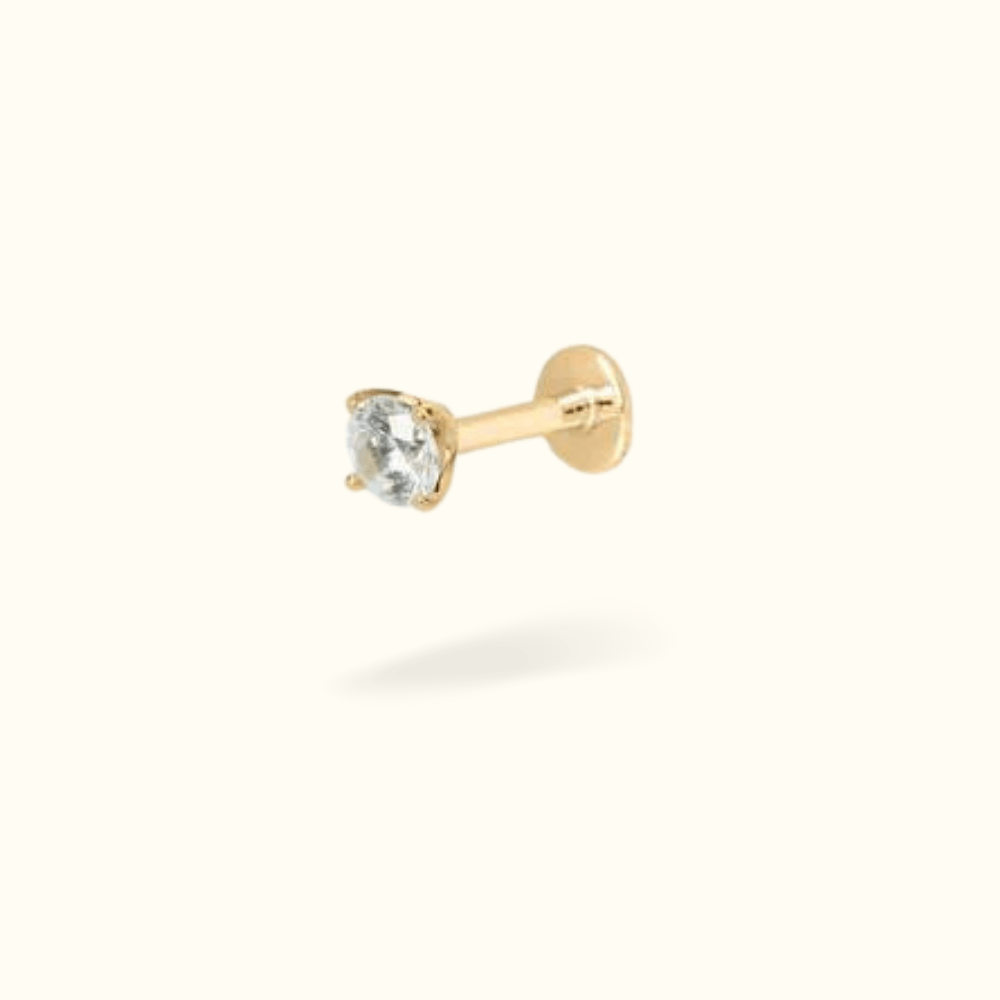
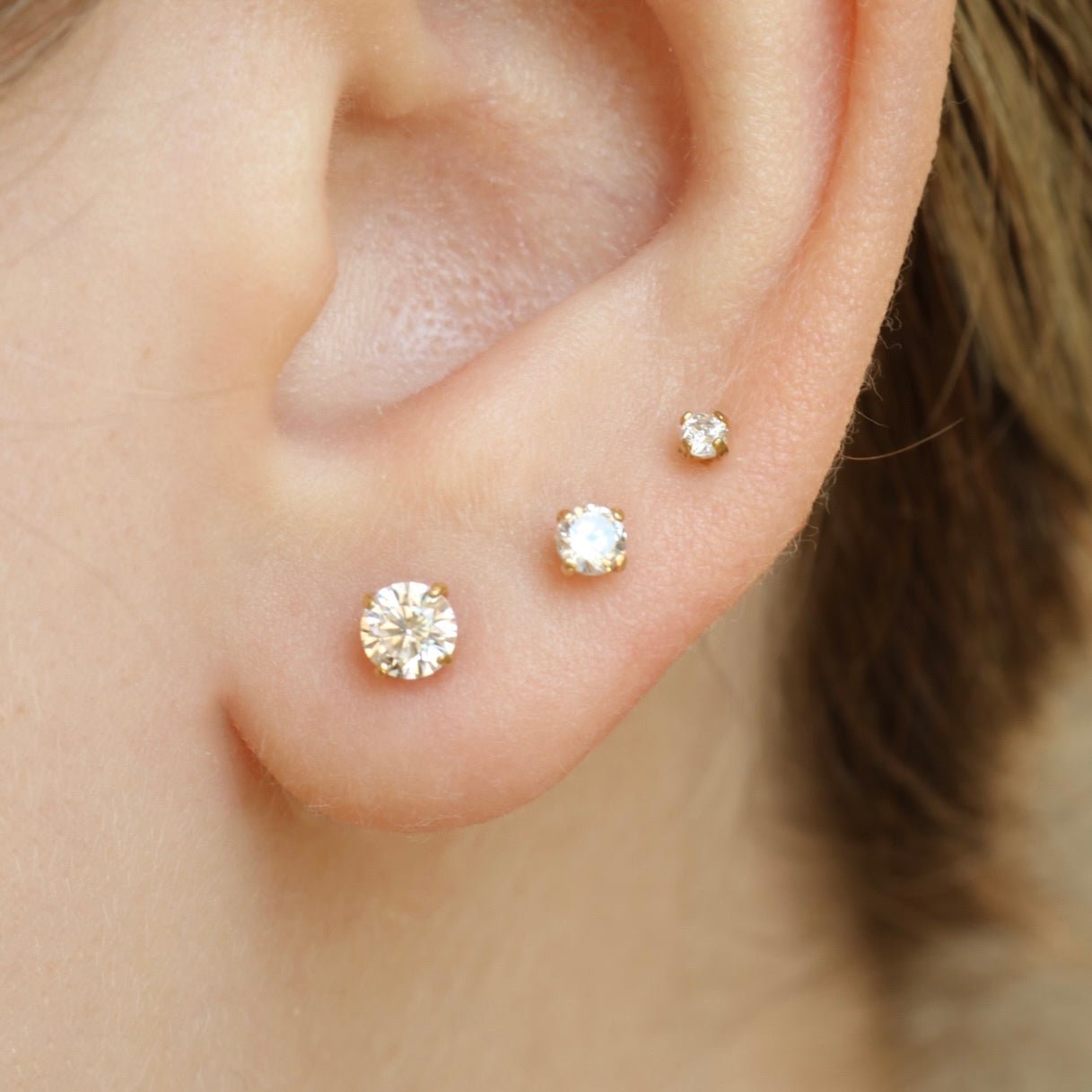
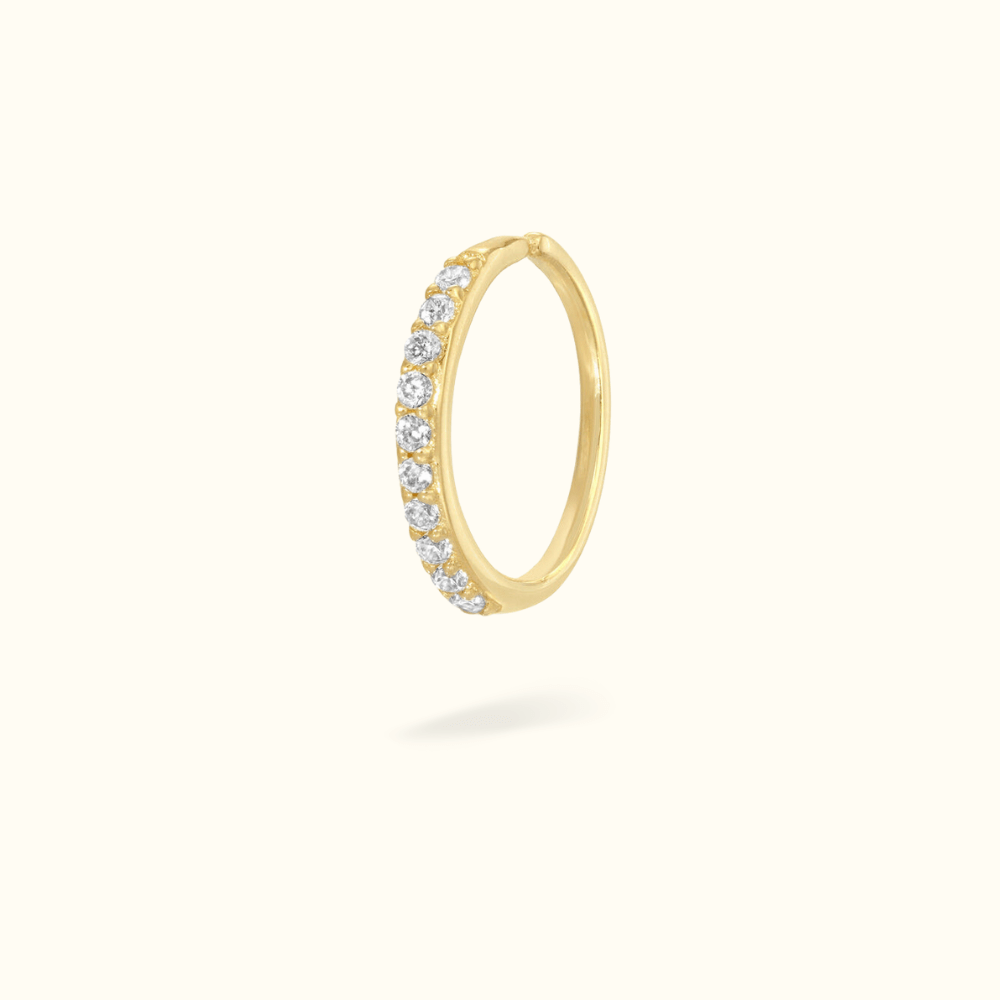
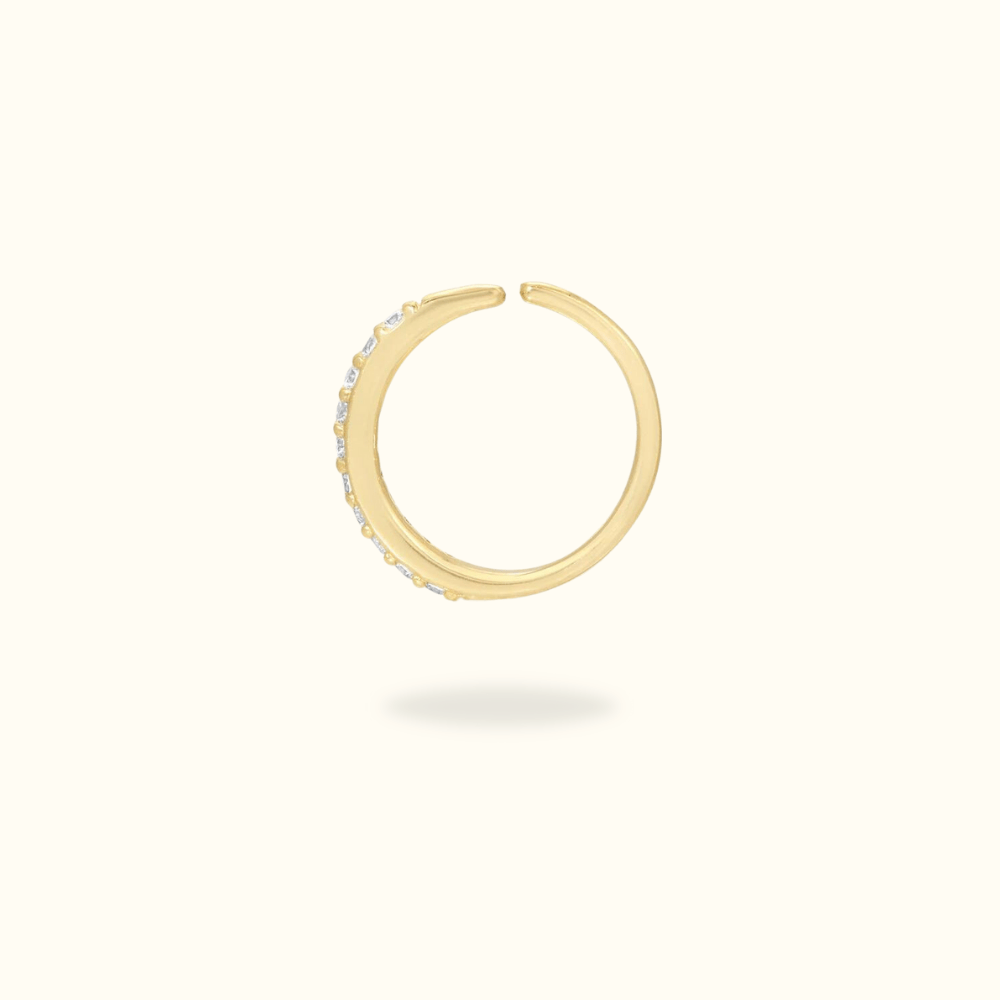


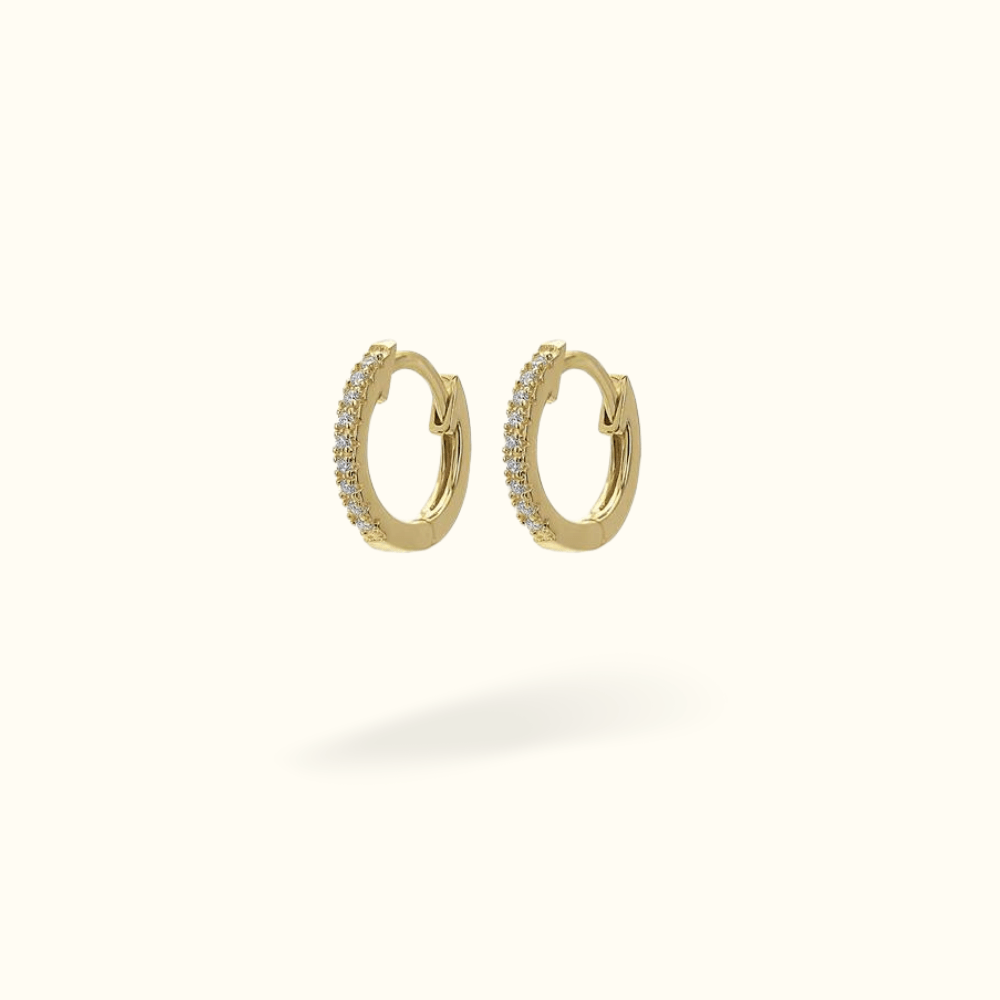
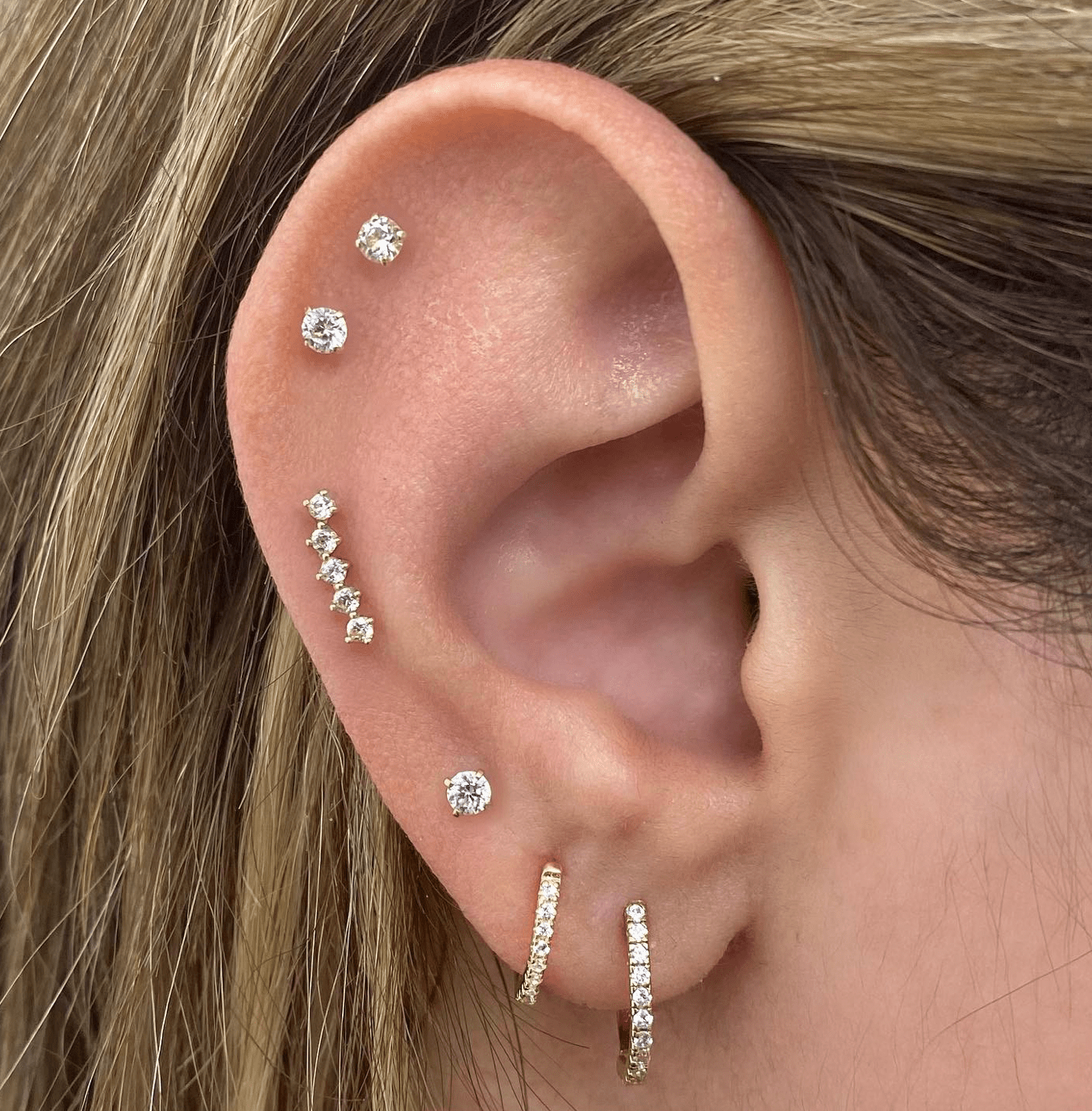

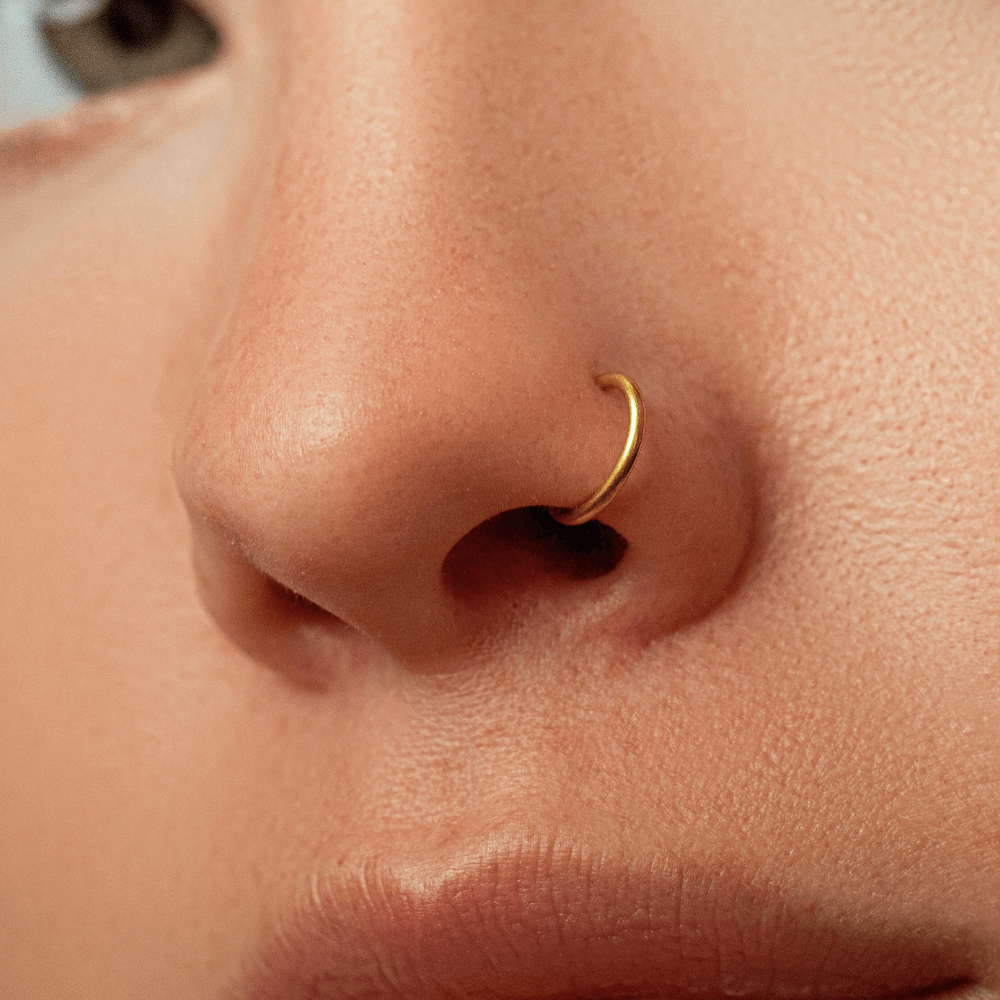

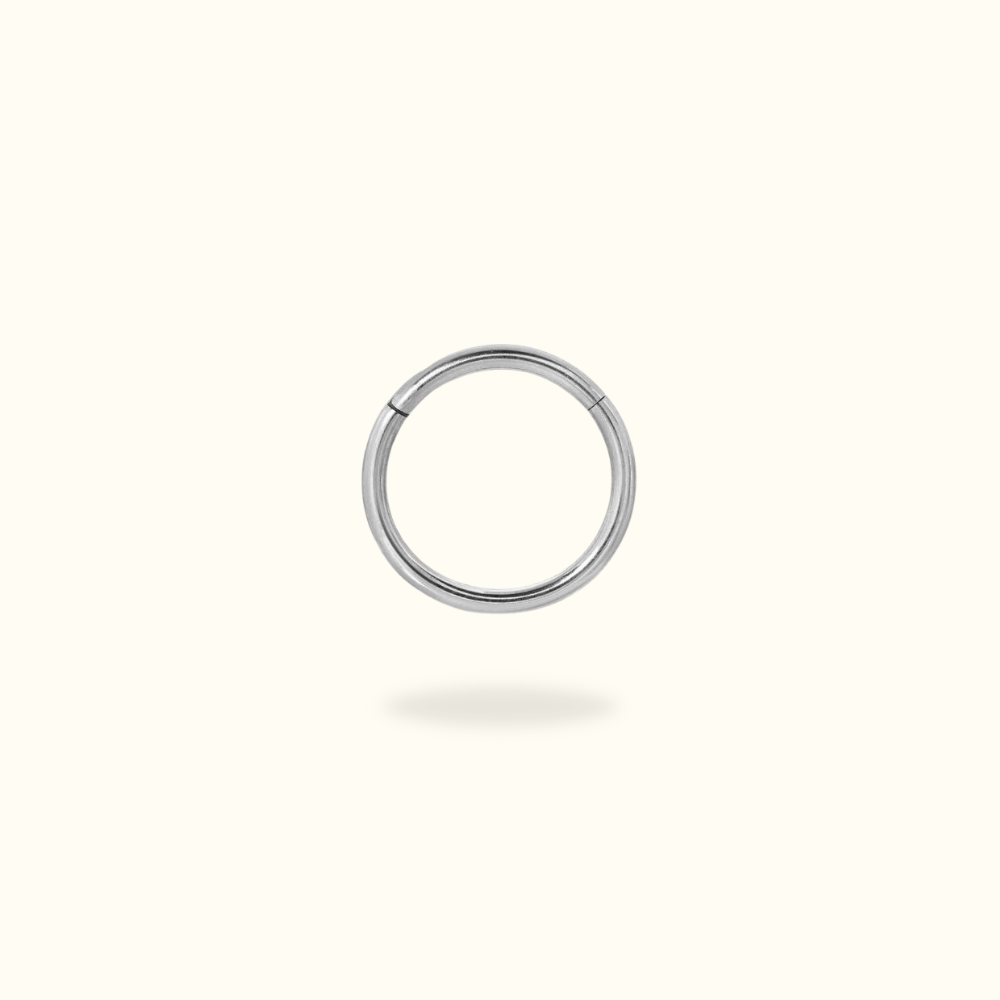
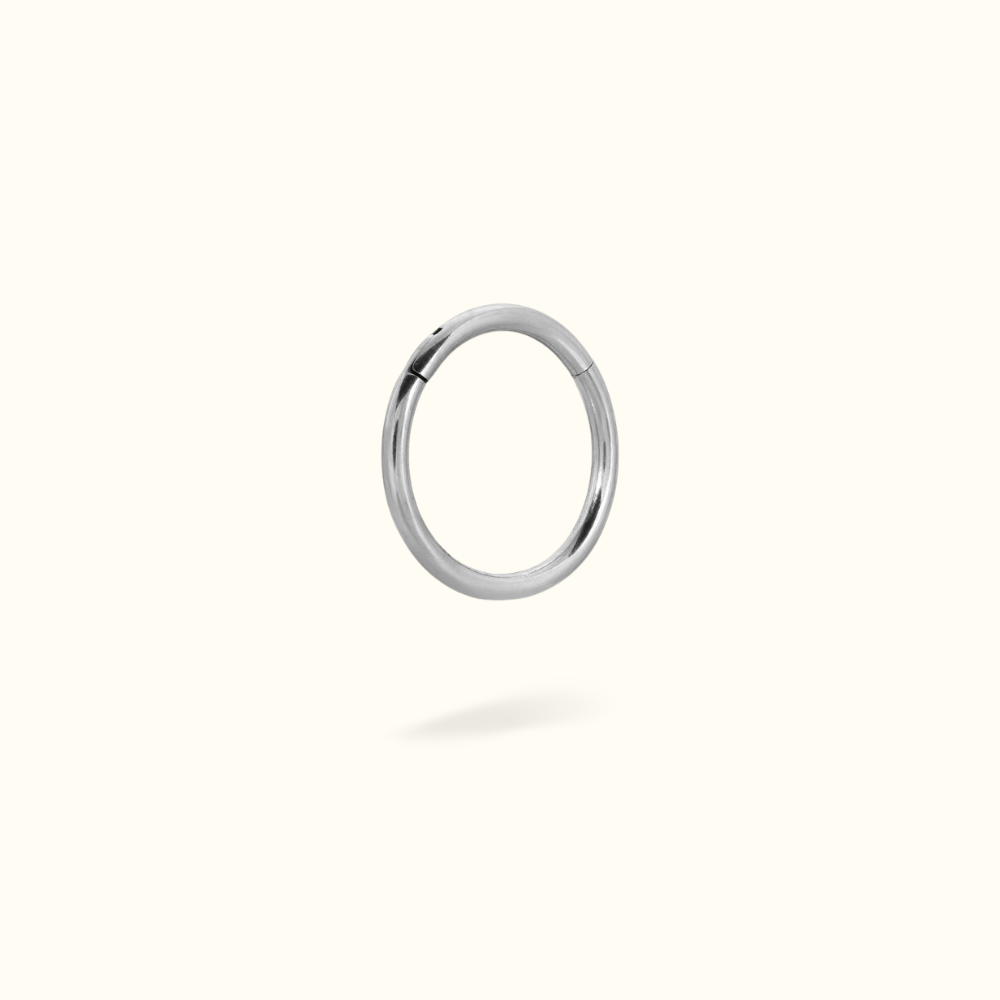
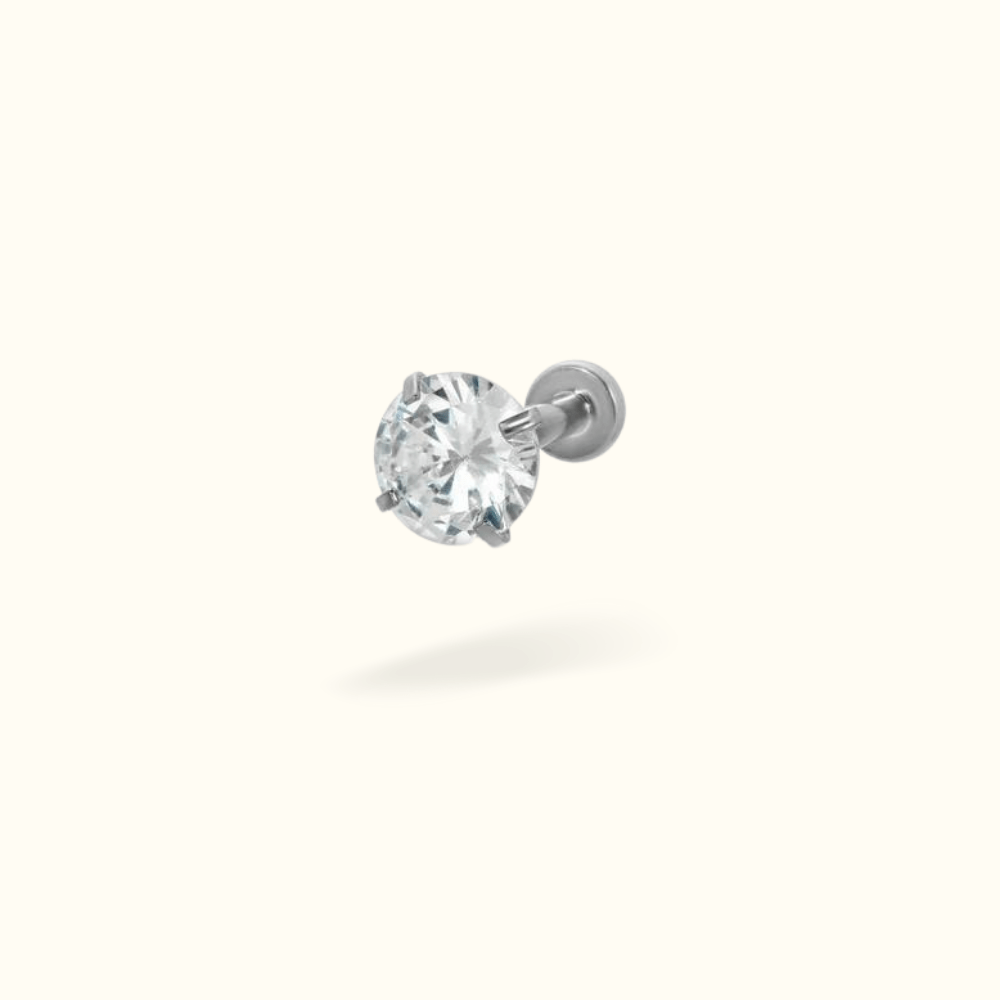


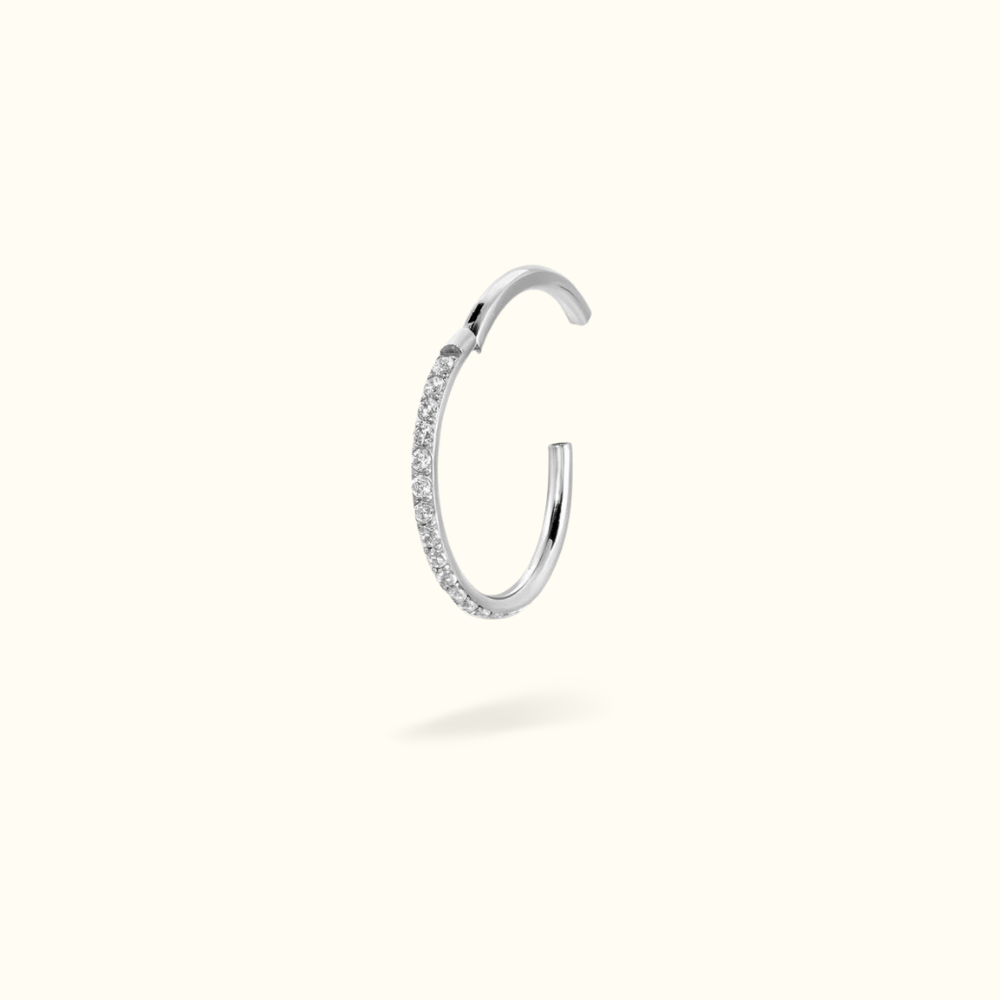

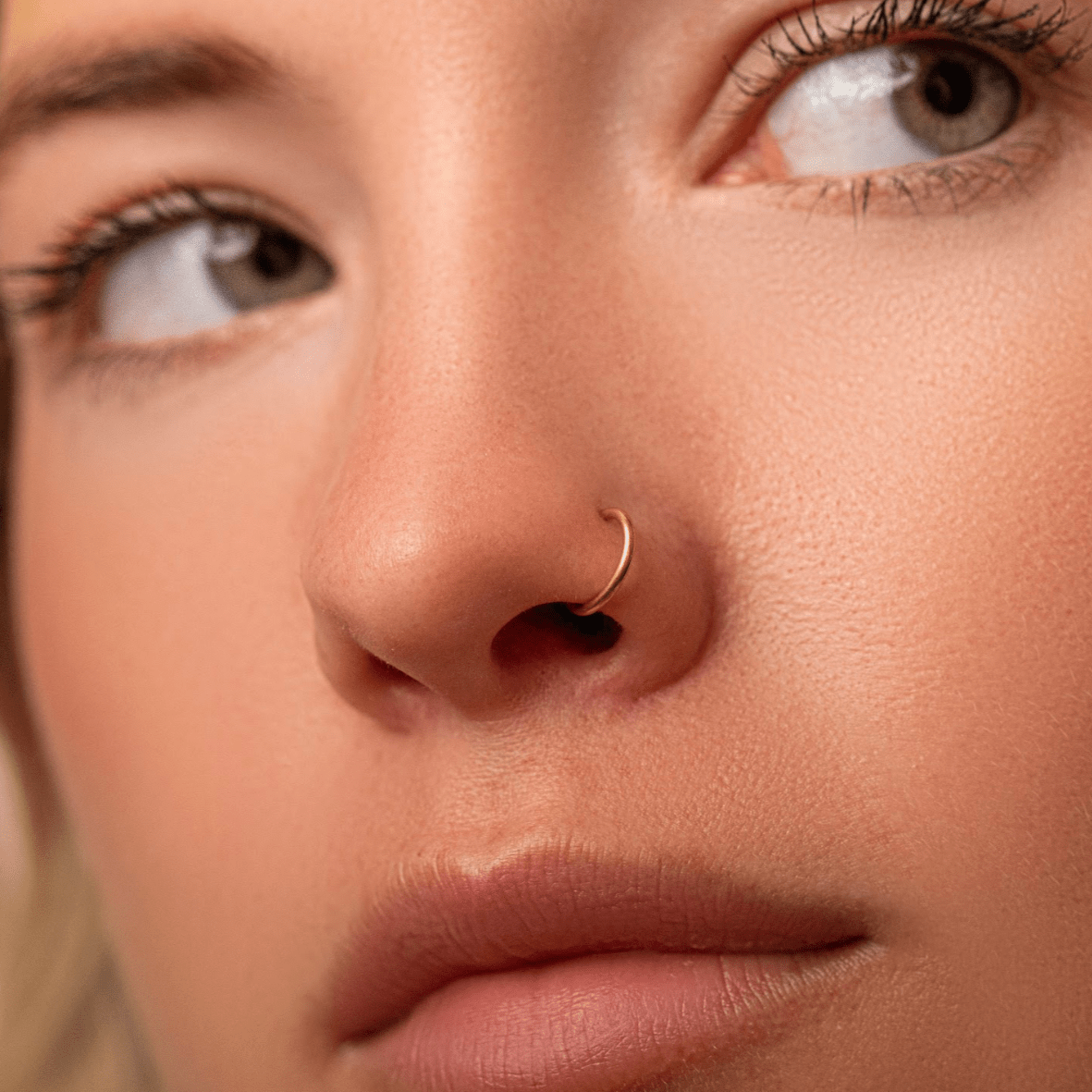
Leave a comment